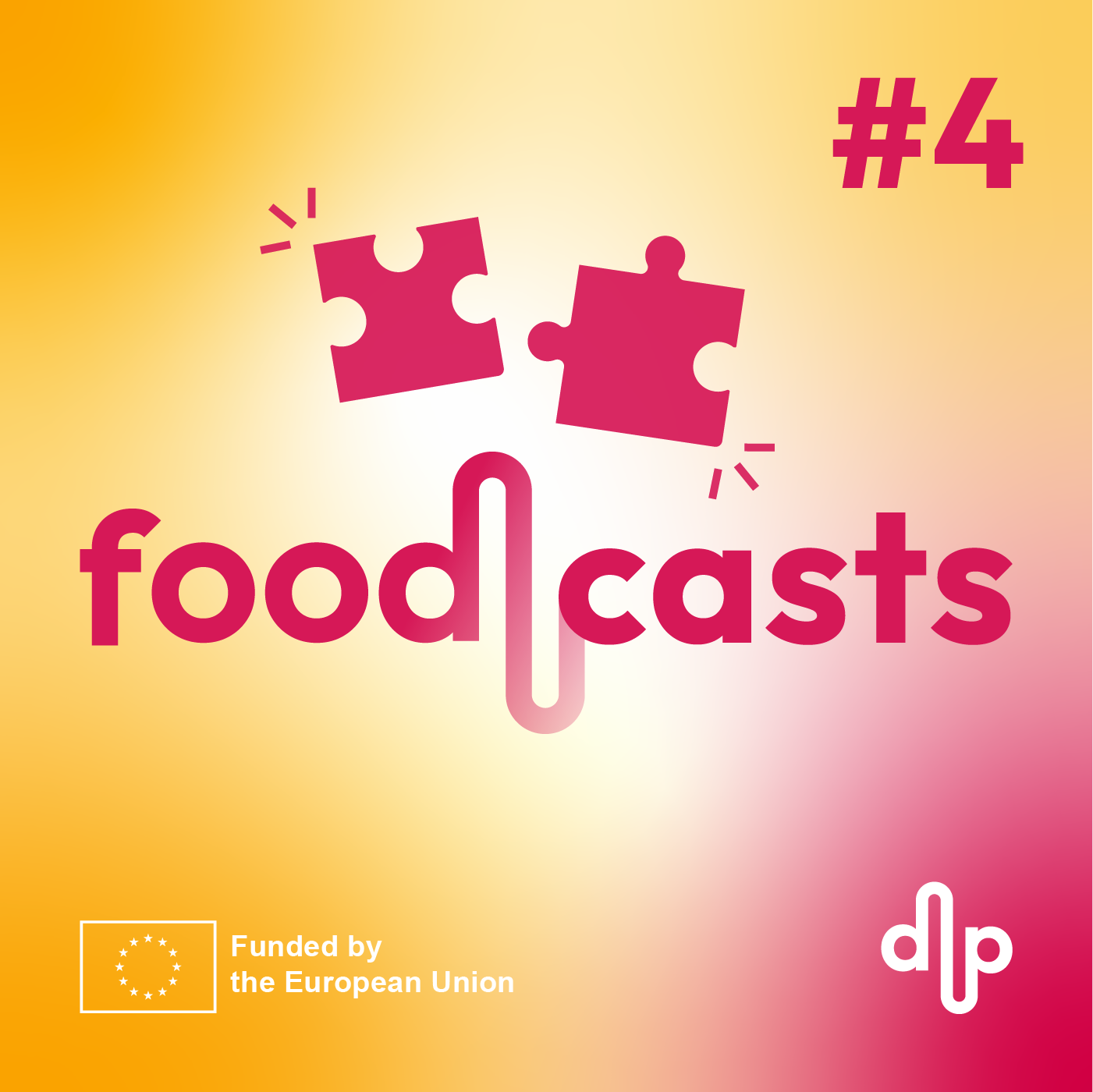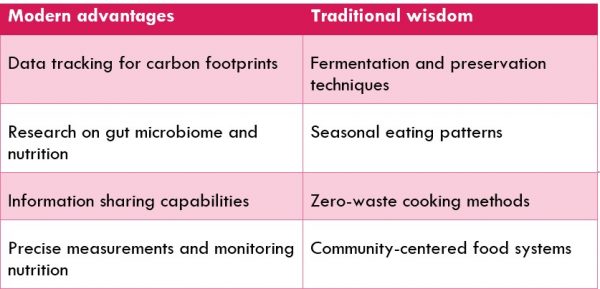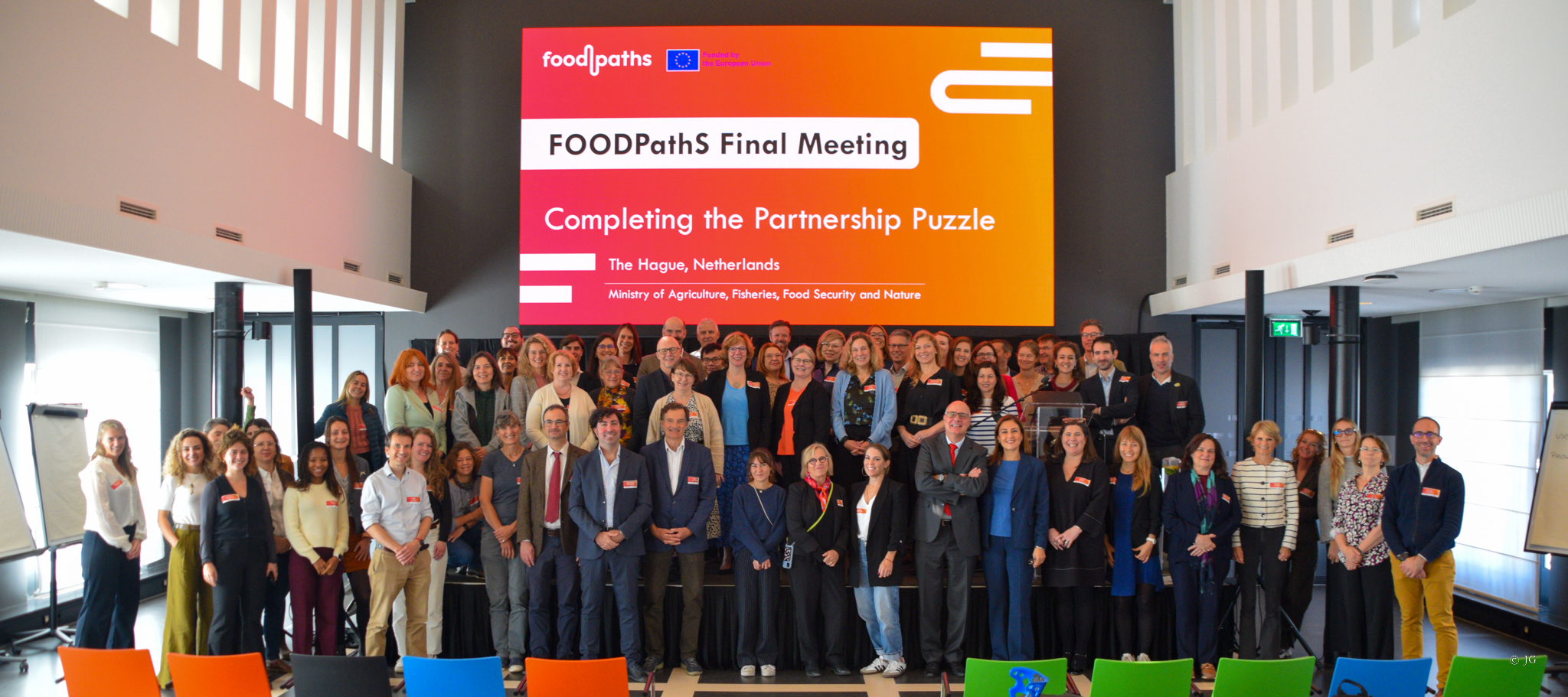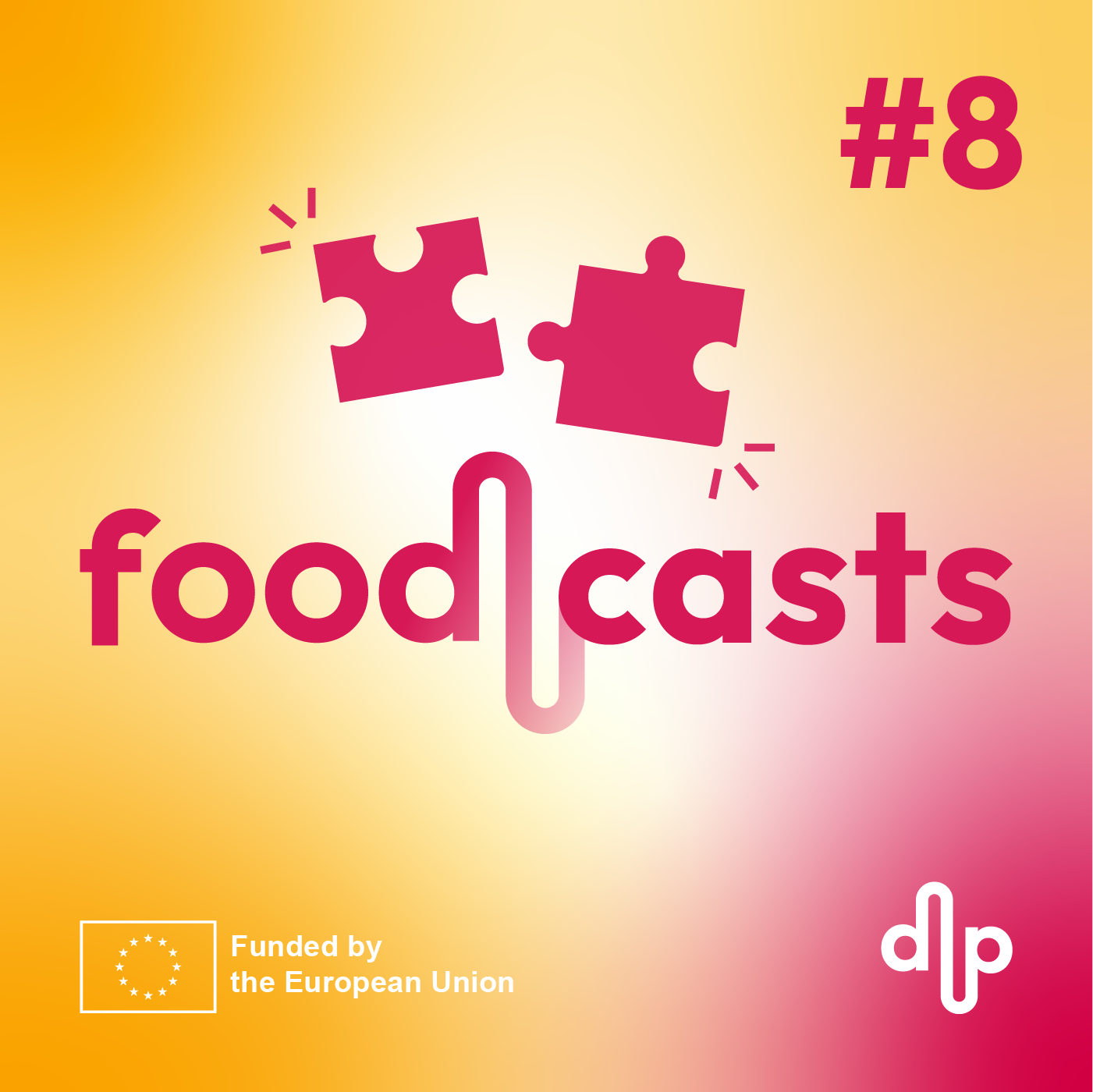Events & Media | 01 Oct 2025
FOODCastS Episode 4: Chefs as catalysts of food systems (chefs’ series) with Ali Honour
Today’s focus will be on chefs, more specifically on how chefs are at the forefront of food system transformation through their practices, knowledge sharing, and innovation.
Ali Honour and her obsession with beans as a nutritious, practical and sustainable food revolution.

In a world obsessed with protein powders and ultra-processed foods, Ali Honour, culinary expert and self-proclaimed “Bean Queen,” proves that climate-conscious cooking can be both accessible and absolutely delicious.
Her philosophy? “Turn the ordinary into the extraordinary” while keeping sustainability at the heart of every dish.
The making of a sustainable chef
Ali’s sustainable cooking philosophy grew from childhood memories in her grandfather’s garden:
Hands-on learning: Picking raspberries and shelling peas from age 10
Seasonal understanding: Learning when foods were naturally ready to harvest
Zero-waste mentality: Watching her grandmother preserve and jar every part of their harvest
Animal welfare awareness: Learning from her beef farmer grandfather about ethical farming
Why beans deserve the crown
Ali challenges our current protein-centric food culture (e.g. “Modern food packaging screams “25 grams of protein!” while hiding inferior nutritional quality.”) while highlighting the importance of fibre, a nutrient “that actually keeps us satisfied, supports gut health, and prevents snacking on empty calories”.
Here’s why beans deserve star treatment on your plate:
- Complete nutrition: High in protein AND fibre, unlike most trendy protein sources
- Environmental winners: Significantly lower carbon footprint compared to animal proteins
- Budget-friendly: Cost a fraction of meat while providing comparable nutrition
- Versatility champions: Can be roasted, charred, pureed, smashed, or whipped into countless dishes
- Satiety superstars: Keep you full longer, reducing the need for processed snacks
Reimagining our cooking
The traditional thinking puts meat as the centerpiece with vegetables as an afterthought. Ali’s approach, on the other hand, highlights vegetables and beans as the stars, with optional meat as a flavour accent.
Example with a changed dish construction:
“A miso carrot with bean whip”
- Base: Creamy bean whip or hummus
- Star vegetable: Roasted glazed miso carrots
- Texture elements: Toasted seeds and nuts
- Freshness factor: Carrot top salsa verde
- Zero-waste bonus: Pickled carrot skins or dukkah made from scraps
- Result: A complete, satisfying meal where “nobody’s asking where the meat is”
Ali emphasizes that sustainable eating isn’t about dramatic overnight transformations—it’s about gradual, manageable steps.
The balance between innovation and tradition
Ali advocates for combining modern knowledge with traditional techniques:

Go-to recipes from the “Bean Queen”
1. Black bean brownies
These brownies hide beans while adding protein, fibre, and moisture. The secret ingredient isn’t easily detected.
2. Butter bean bowl
- Giant butter beans (Ali calls them “meaty nuggets”)
- Fresh tomato, garlic, and herb sauce
- Crusty sourdough for dipping
- Quality olive oil finish
- Light yet deeply satisfying
3. Spiced dal with vegetables
Ali’s ultimate comfort food:
- Red lentils or mung dal base
- Warming spices and coconut milk
- Loaded with seasonal vegetables
- Endlessly customizable
The “joy factor”
Ali’s most important message: “We have to find some fun and some joy in life on a day-to-day basis.”
This isn’t about restriction—it’s about discovering incredible flavors and satisfaction from eating closer to the earth while caring for our planet’s future.
Ali’s path from lawyer-in-training to “Bean Queen” proves that sustainable eating doesn’t require sacrifice—it requires creativity, patience, and willingness to rediscover the extraordinary in ordinary ingredients.
🎧Ready to listen? Tune in to Episode 4 of FOODCastS here.👇
Speakers of this show
- Ali Honour is a chef, food systems innovator, recipe developer, writer, food stylist, consultant, and outspoken advocate for a fairer food future. Celebrated for turning the humble bean and vegetable into both a culinary and climate hero, she proves that pulses and vegetables can power a delicious, zero-waste, planet-positive future.
- Florentin Ndizeye is the collaborative projects manager at EUFIC and is the host of this podcast episode.

